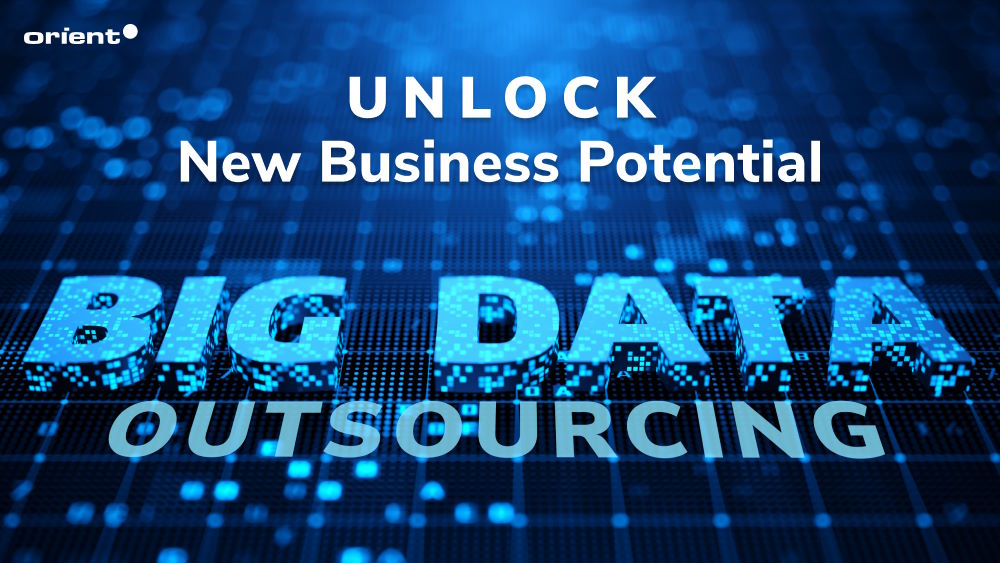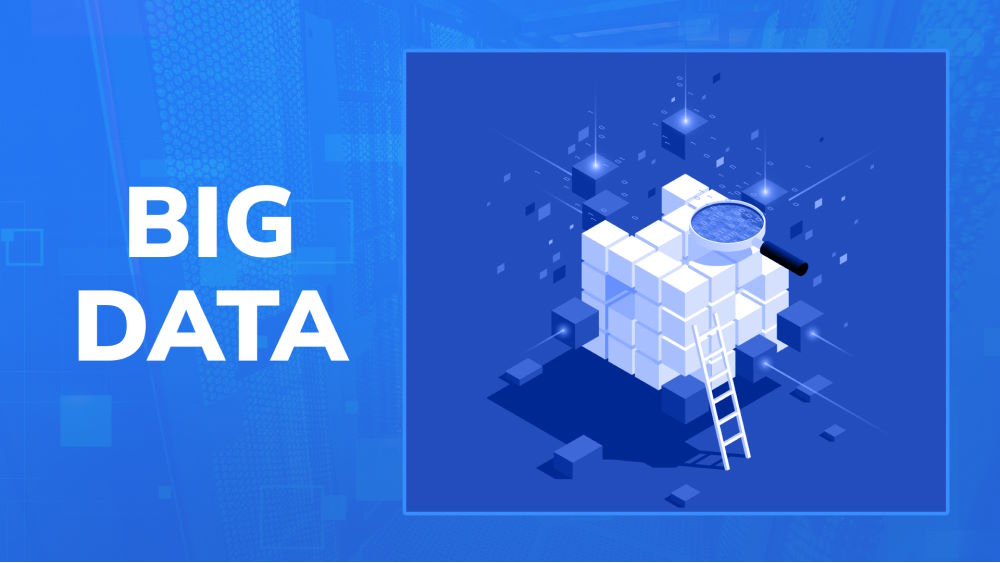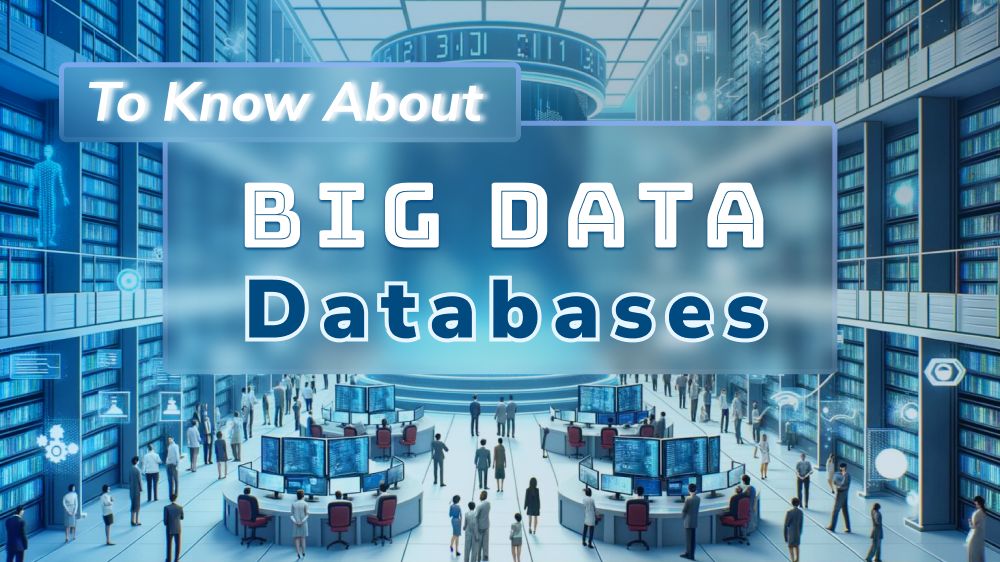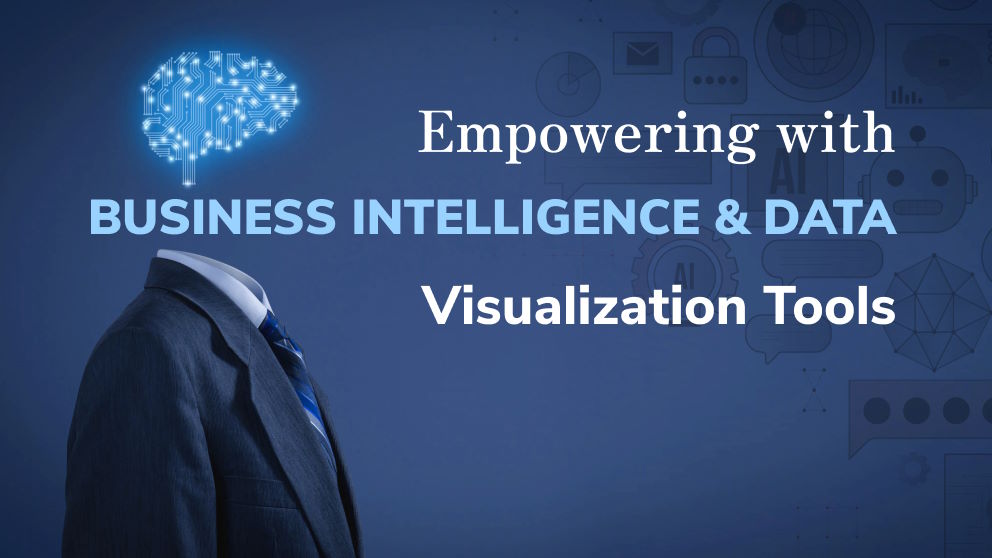Big Data Outsourcing: Unlock New Business Potential With Your Data

Content Map
More chaptersModern businesses are no strangers to outsourcing. It is common for companies to outsource some elements or even an entire software project to a third-party vendor.
This also rings true when it comes to big data outsourcing. To stay competitive in today’s increasingly crowded market, more and more businesses are utilizing big data. In reality, because corporate data is becoming more complicated, it is common for businesses to outsource their data analytics requirements.
Before we dive into what big data outsourcing means and how you should approach it, let’s first go over the basics of big data analytics, as it will give you a general picture of what big data analytics does and why it has such a large presence in the software development industry.
How Much Do You Know About Big Data Analytics?
It seems everyone has been talking about big data analytics, but how much do they (and you) actually know about it? Let’s do a quiz to refresh your memory.
Not ready yet? Check out our articles on a comprehensive guide on big data analytics and how to empower your business using big data analytics for further readings.
Now, let’s begin!
1. What does big data analytics mean?
A. It refers to the use of tools and technology for the collection, arrangement, analysis, and presentation of big data with high volume, velocity, and variety.
B. It refers to the hours spent going through thousands of Excel spreadsheets.
C. It is the term for the enormous, varied sets of information that multiply rapidly.
The answer is A. Big data analytics saves you tons of time doing menial data work. Your brain will thank you for it.
2. Big data analytics is essential for?
A. Identifying the company’s objectives.
B. Creating valuable insights from the data collected.
C. Generating weekly and monthly reports.
The answer is B. Big data analytics gives you insights which can be presented in reports of your chosen timelines. It helps your decision-making, but cannot replace your intuition and know-how.
3. Which data trend has led to an increase in the use of data analytics in decision-making?
A. The increase in data security.
B. Strict data management.
C. The increased amount of data.
The answer is C. The sheer volume of data generated from businesses and user activities has prompted the need for automation in data management.
4. Which of the below is a name of a big data analytics tool?
A. Netflix
B. Hadoop
C. Mint
The answer is B. Hadoop is a popular open source framework in big data analytics, reportedly used by companies such as Netflix, Uber, and Airbnb.
5. Is this statement true or false? In order to personalize the customer experience and produce more desirable results, big data analytics is also utilized to better analyze consumer behavior.
A. True
B. False
The answer is A. One of the most obvious uses of big data analytics is consumer behaviors, removing the guesswork about your customers, and enabling insightful market research.
6. Compared to conventional data analysis techniques, which two features of modern data analytics support data-driven decision making?
A. Real-time data, coherent data structures.
B. Coherent data structures, data coming from various sources.
C. Real-time data, data coming from various sources.
The answer is C. The innovative edge of current big data analytics is its ability to work with real-time, unstructured data. Figuratively, creating order out of chaos.
7. What are the names of the major big data analytics methods?
A. Descriptive Analytics, Prescriptive Analytics, Diagnostic Analytics, Predictive Analytics.
B. Graphics Analytics, Problem Analytics, Diagnostic Analytics, Predictive Analytics.
C. Descriptive Analytics, Customary Analytics, Diagnostic Analytics, Forecast Analytics.
The answer is A. Read here for brief definitions of these terms. Simply put, these methods shape how and why we use big data analytics.
What Is Big Data Outsourcing (Or Big Data Analytics Outsourcing)?
In today’s golden era of information, data, especially big data, enables companies to make informed and confident decisions, refine marketing and ad campaigns, gain better insights into customers’ tendencies, and identify emerging opportunities. Just like data science, big data undoubtedly plays a major role in the business world.
Nonetheless, managing an enormous amount of data can be a serious challenge, especially for smaller businesses. This is where big data outsourcing comes in.
Hiring a third party to handle and analyze a company’s big data is known as big data outsourcing or big data analytics outsourcing. Businesses that lack the resources to manage their own big data can benefit greatly from this.
Is Big Data Outsourcing for You?
Before you and your team search for big data outsourcing providers, consider these factors.
Do you have a big data outsourcing strategy in place?
Big data analytics is a business-driven process. With the right execution and data infrastructure, it has a substantial positive impact on business operations and customer engagement. Therefore, it is essential to build your own plan before choosing an outsourcing partner. This includes planning around analytics discussions and activities for later phases before the outsourcing relationship is established.
Does the big data outsourcing company have essential domain expertise?
Big data insights are only useful if they are applied in a business context. Professional big data analysts should be well-versed in the field and the sector in which they operate. Based on domain knowledge and business expertise, you will get from them a clearer view of the opportunities and risks, further highlighting the impact of professionals’ opinions.
You should take time to go through your potential partner’s credentials, past projects, and case studies.
Does the big data outsourcing company have the necessary tools?
The most effective framework for data analysis, trend discovery, and model development is provided by scalable big data solutions. Big data professionals can identify and respond to highlighted patterns by combining analytical models with relevant operational apps, improving the efficiency of business processes.
Investing in a partner with the right tools not only helps save money in the long run but also results in more profitable results.
Pay attention to data security
An organization’s data is a valuable asset. Maintaining its security and privacy is essential. In order to secure data and adhere to all local privacy regulations and laws, remember to create strong legal agreements.
Furthermore, privacy must be a priority when it comes to granting access to massive amounts of data, such as consumer information and internal corporate activities. Therefore, prior to engaging in a big data solution agreement, understand the procedures the vendor utilizes to safeguard sensitive data.
Tips for Choosing the Right Big Data Outsourcing Provider
There are many known benefits of outsourcing: cost-effectiveness, access to a large talent pool, flexibility to focus on your company’s core competencies, and gaining further insight into your targeted group of customers.
However, this is when the next question comes in: how do you choose an outsourcing partner that provides you with all the mentioned benefits? Check out our useful tips for choosing the right big data services.
Make sure your chosen partner can assist you in scaling their product
One of the major problems with big data is often the inability to scale up the big data solution. Therefore, it is crucial that the solution’s architecture is appropriate for cloud-based scaling.
It is best to look for those that have knowledge and experience in DevOps, cloud computing, big data, and other technologies that meet your needs. Look for a partner with the ability to assist you in launching your project while also working on cost optimization.
Select a partner who has a security protocol in place
Every industry has strict regulations and standards in place that organizations must comply with. For example, you must follow the Health Insurance Portability and Accountability Act (the HIIPA law) if you work with medical data.
Regarding your big data project, choose a partner that has established security policies and follows the best security practices, such as verifying the encryption of traffic and the caching of sensitive data, implementing static code analyzers, and third-party library vulnerability assessments.
Pick a service provider with experience outsourcing big analytics data projects
As mentioned earlier, your partner should have a proven track record of previous big data outsourcing projects or case studies. Even though there are confidential requirements, they should be able to present the basic information and inform you about their experiences.
It Is Time to Catch Up With the Major Players in Big Data

Most major companies on the market leverage big data to their advantage. It is time you should do so, too. If you are a small or medium business, gain a competitive advantage by partnering with big data experts in the field. Remember, we are living in the golden era of information, and data has become the new oil.







